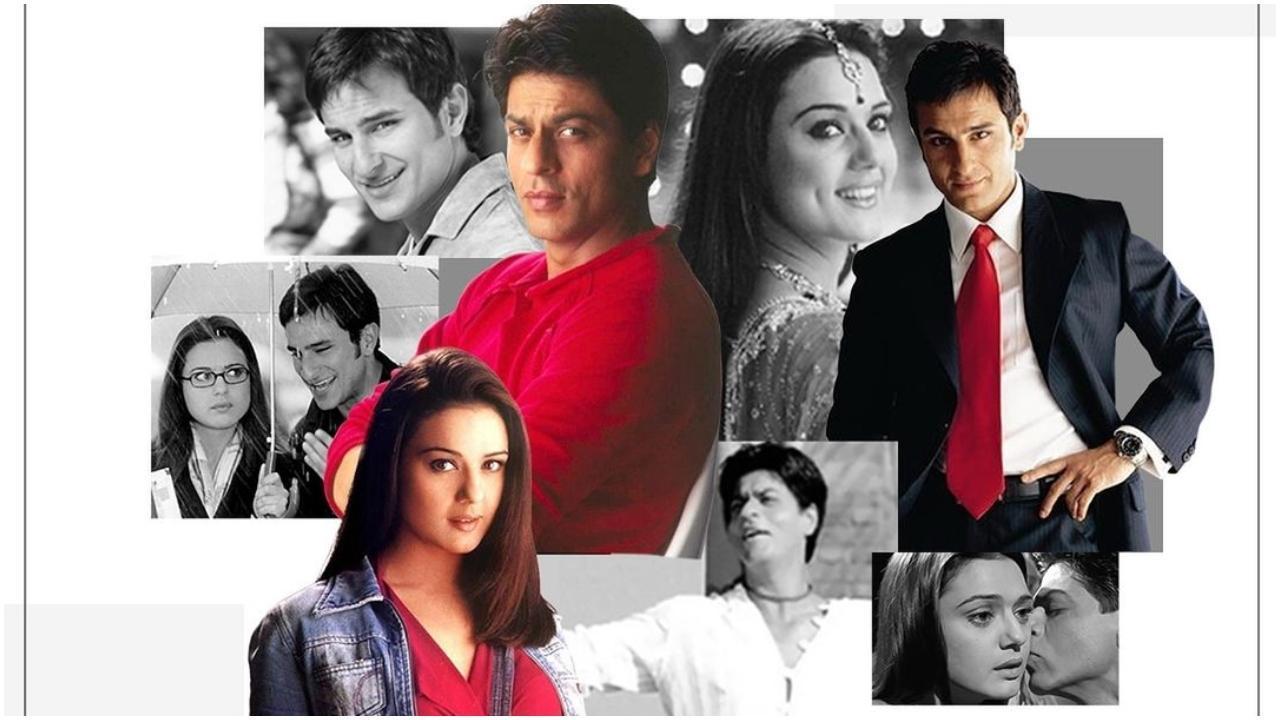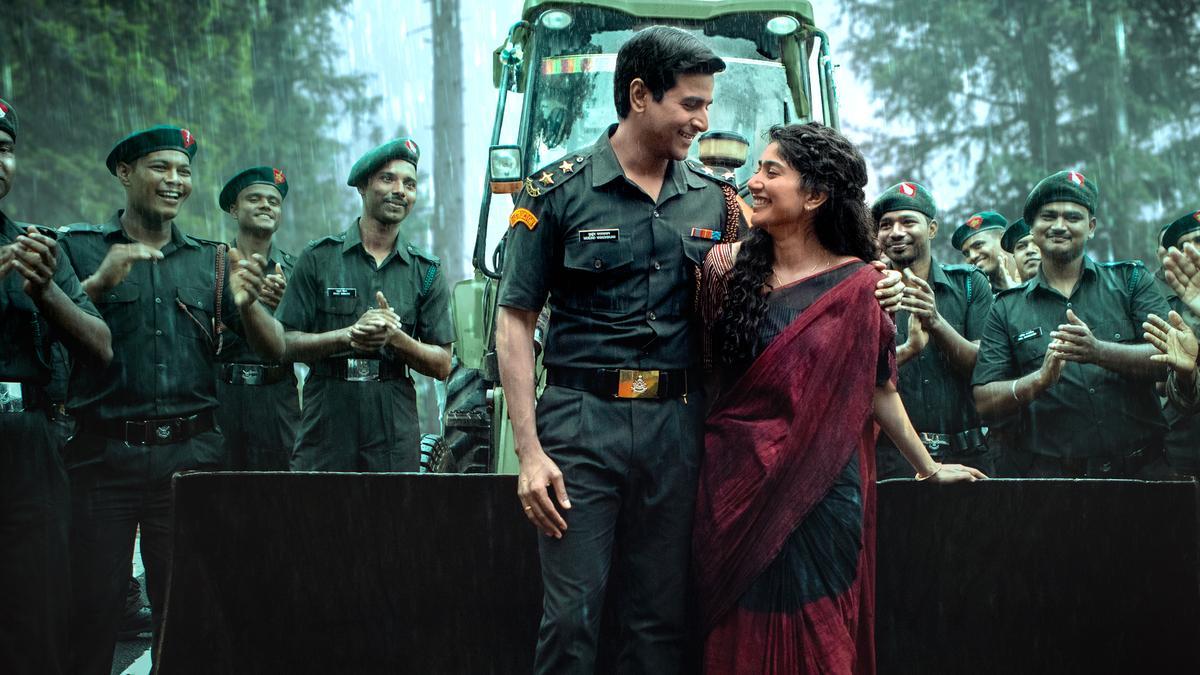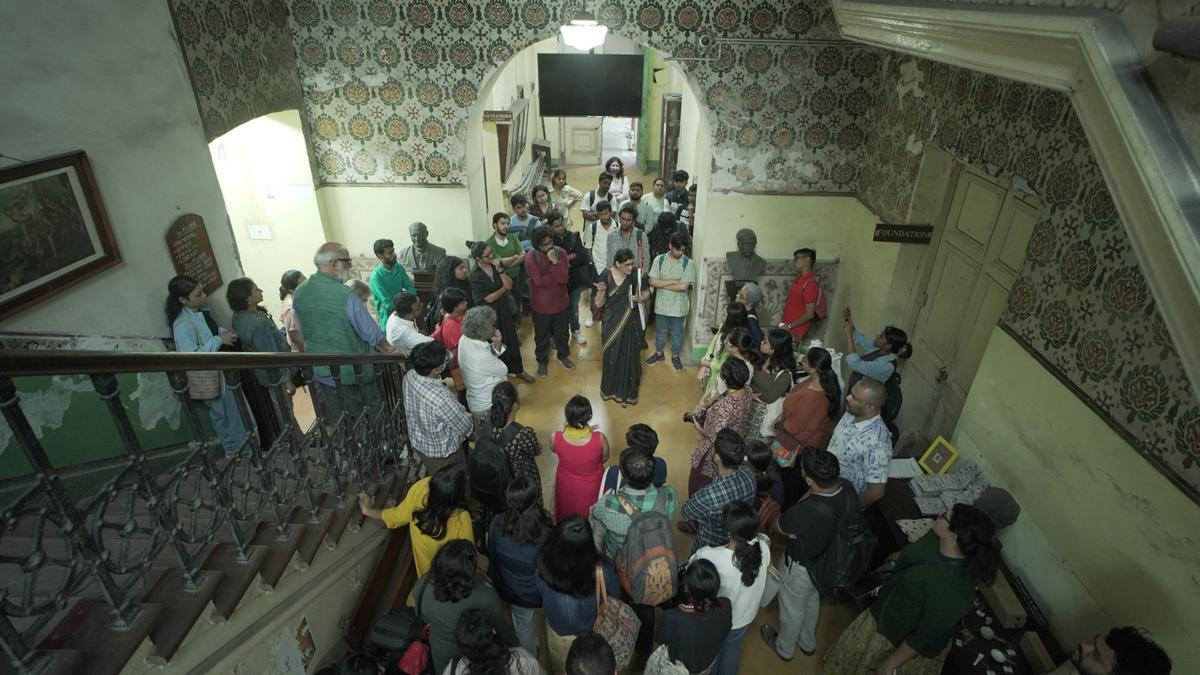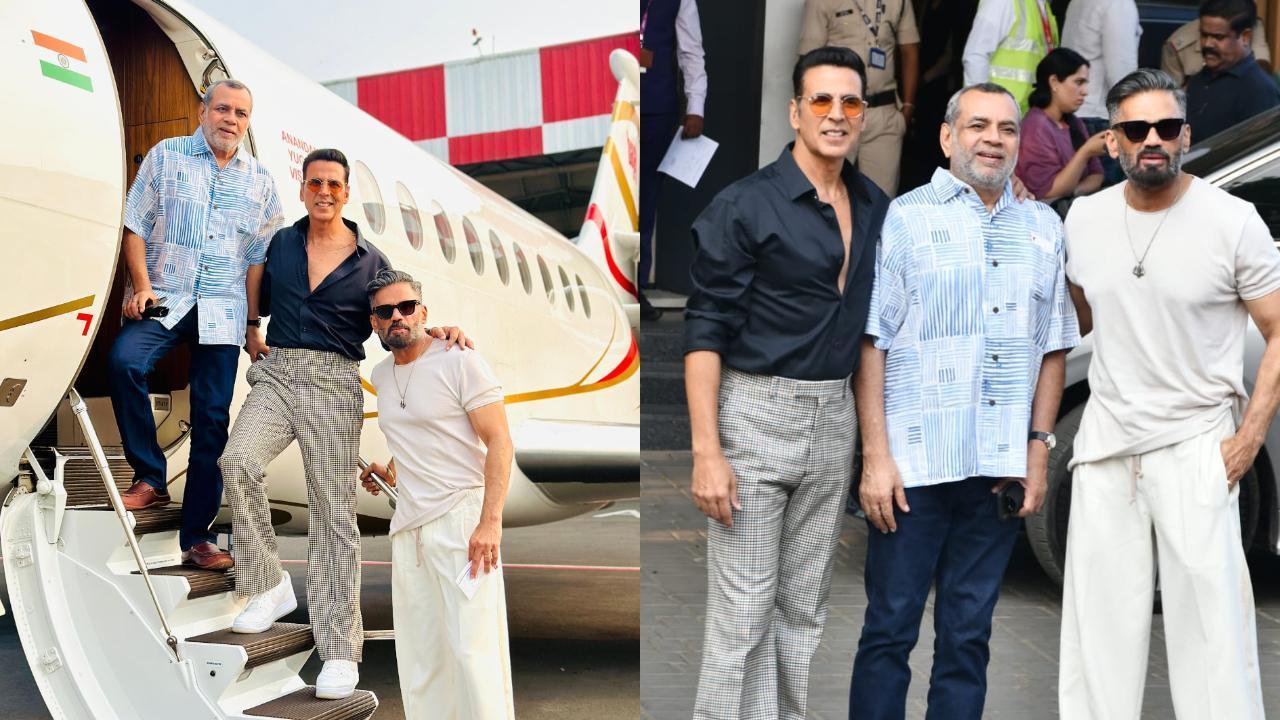
The quintessence of the 90s Bollywood cinema often ignites a nostalgic breeze among those who have witnessed it firsthand. Amid the modern hustle of the film industry, there comes a moment when the glittering memories of the past resurface. Film director and producer Karan Johar recently took to social media to express his fondness for the bygone decade, sharing a retrospective view encapsulated in a throwback video from the movie ‘Duplicate’.
‘Duplicate’, a 1998 film starring Shah Rukh Khan, directed by Mahesh Bhatt, and produced under the banner of Karan’s father, the esteemed Yash Johar, has been a hallmark in their careers. In an Instagram post, Karan brought the attention of his followers to this piece of cinematic history. With the fan-edited montage from the film’s iconic song “Wah ji Wah” playing, Shah Rukh Khan’s dynamic energy captivated the viewers as it did decades ago, alongside his co-stars Juhi Chawla and Sonali Bendre.
The collaborative efforts between Shah Rukh Khan, Karan Johar, and choreographer Farah Khan have over time culminated in a number of successful ventures, creating a friendship trio that remains iconic in the Bollywood sphere. Responding to Karan’s post, Farah Khan also reminisced, highlighting that the making of ‘Duplicate’ paved the way for the strengthening of their bond to what would become an unshakeable friendship.
Karan’s musings were accompanied by a powerful reflection on the present scenario of Bollywood. He posted a poignant critique of the current filmmaking mindset, underscoring the fleeting nature of trends and the importance of conviction in cinematic endeavors. His words struck a chord, painting a picture of an industry that ebbs and flows with the ‘flavor of the week’ and loses sight of authentic storytelling.
His message, typed out in the early hours of the day, displayed a frank disappointment towards the trend-based approaches of his contemporaries: “If a particular genre succeeds, there’s a rush to replicate that success formula, abandoning originality and the essence of storytelling,” Karan penned. He cautioned against the superficial allure of short-lived trends, contrasting it with the legacy of box office successes which require endurance and an unwavering belief in one’s artistic vision.
As the film industry evolves with new technologies and storytelling techniques, the echoes of a time when narratives were grand and stars like Shah Rukh Khan reigned supreme serve as a reminder of the cinematic magic that once was. It prompts audiences and filmmakers alike to question whether the chase for immediate success overshadows the craft of film-making, a craft that once placed stories and performances at the heart of every project.
Analyzing Karan Johar’s remarks, it becomes apparent that the landscape of Bollywood he yearns for was one filled with passion and a dedication to the art form, values he believes should remain central to filmmaking today. His devotion to the industry is evident and his longing for its golden days is shared by many who remember the 90s as a period of cultural significance in Indian cinema.
In this moment of reflection brought forth by Karan Johar, fans are given an opportunity to look back and appreciate an era marked by breakthrough performances, timeless music, and films that have entrenched themselves in the cultural fabric. It is a nostalgic nod to the enduring impact of a decade that shaped the future of Bollywood and continues to inspire those who dream of capturing the ‘magic of the 90s’.










